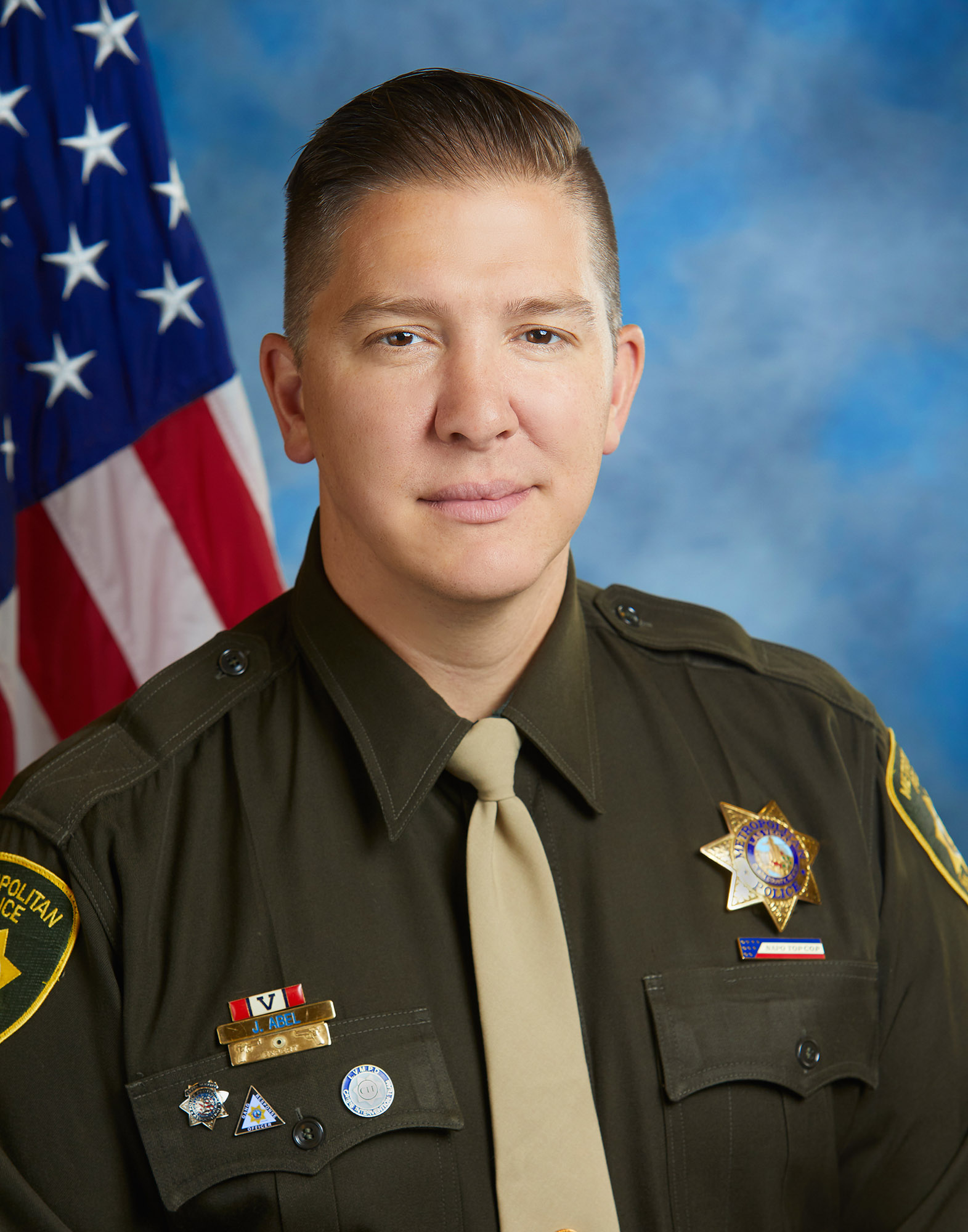
Director of Governmental Affairs
Police officers play a critical role in maintaining law and order in society. As members of law enforcement, they are tasked with upholding justice, protecting communities and ensuring the safety of citizens. However, their influence extends beyond the streets they patrol. Police officers also have the power to shape the future of their profession and the communities they serve through political engagement.
Police departments often face resource constraints that can impact their ability to effectively respond to crime and emergencies. During election season, police officers can advocate for increased funding, staffing and resources for law enforcement agencies. By engaging with elected officials and policymakers, police officers can highlight the importance of investing in training, equipment and technology to enhance the effectiveness and efficiency of policing efforts.
Participating in the political process is vital for police officers for several reasons. First and foremost, the laws and policies that govern law enforcement are often crafted and decided upon by elected officials at the local, state and federal levels. By being politically active, police officers can advocate for legislation that supports law enforcement efforts, enhances public safety and addresses the needs of both officers and the communities they serve.
Furthermore, being politically engaged allows police officers to have a voice in the decision-making processes that impact their profession. By actively participating in elections, officers can support candidates who understand the challenges and complexities of law enforcement and who are committed to working collaboratively with officers to address these issues effectively.
Moreover, political engagement empowers police officers to shape the public perception of law enforcement. By participating in community events, engaging with local leaders and advocating for policies that promote transparency and accountability, officers can build trust and foster positive relationships with the communities they serve. This, in turn, can help improve community–police relations and enhance overall public safety.
In addition to advocating for legislative changes and fostering community relationships, political engagement can also benefit police officers on a personal level. By staying informed about political developments, officers can better understand how changes in laws and policies may impact their work, their rights and their livelihoods. This knowledge can empower officers to take proactive steps to protect their interests and advocate for their needs within their departments and communities.
The law enforcement profession faces public scrutiny and criticism, particularly during times of social unrest and political polarization. During election season, police officers can defend the integrity and professionalism of their colleagues by speaking out against misinformation, stereotypes and negative portrayals of law enforcement. By actively participating in political debates and discussions, police officers can shape public perceptions and promote a more nuanced understanding of the challenges and complexities of policing.
Ultimately, being politically active during election season is not just a responsibility for police officers — it is an opportunity to effect positive change, shape the future of law enforcement and strengthen the bond between officers and the communities they serve. By engaging in the political process, officers can contribute to a safer, more just society for all. The law enforcement community and our families represent a large portion of the voting populace in Southern Nevada, so it is incumbent upon us to take an active role in the political process and ensure our families and extended families do as well. Please take our LVPPA political candidate endorsement list with you when you vote and give it to your extended family members as well.

